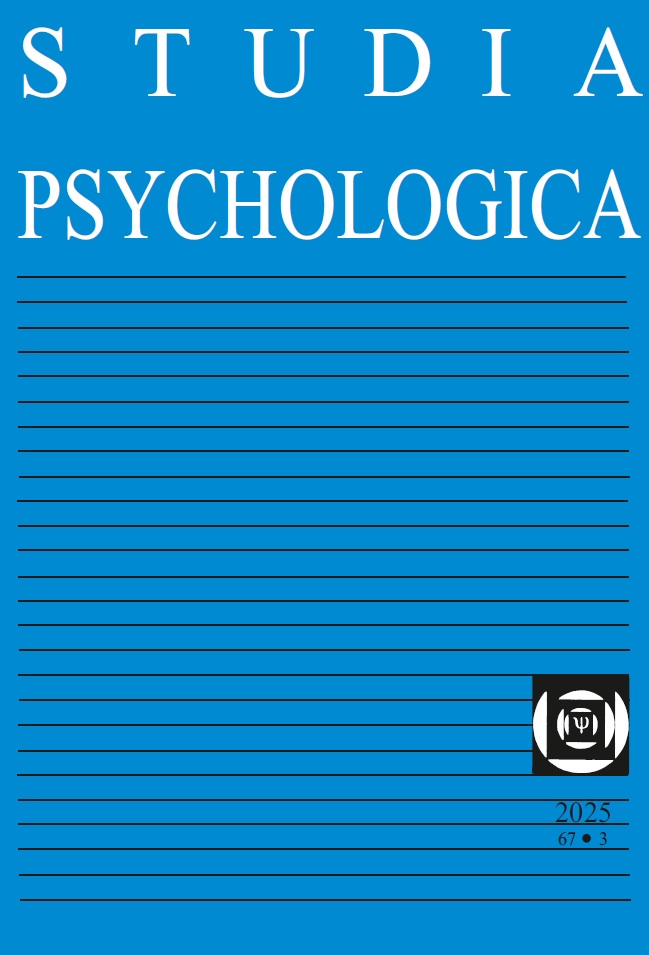The Relationship between Gratitude, Perceived Social Support, and Coping Strategies in Community Correctional Personnel: Evidence from Indirect Effects and Cross-Lagged Analysis
DOI:
https://doi.org/10.31577/sp.2025.03.921Keywords:
gratitude, perceived social support, coping strategies, cross-lagged analysis, community correctional personnelAbstract
The main purpose of this study is to explore the longitudinal mediating effect of perceived social support in the relationship between gratitude and coping strategies among community correctional personnel. On March 20, 2024, and June 20, 2024, we conducted a longitudinal follow-up survey with 299 community correctional personnel using the Gratitude Scale, the Perceived Social Support Scale, and the Simplified Coping Style Scale. Gratitude directly and significantly predicts coping strategies and also significantly predicts coping strategies through the indirect effect of perceived social support. Cross-lagged analysis results show that perceived social support (LW1) can significantly predict gratitude (G2), and perceived social support (LW1) can significantly predict coping strategies (Y2). The longitudinal mediating effect of perceived social support between gratitude and coping strategies is significant. It is necessary for community and judicial departments to enhance gratitude education among community correctional personnel, fostering a sense of gratitude that helps them better understand and appreciate the support they receive from others, thereby enhancing their social responsibility and psychological well-being.
Downloads
Published
Issue
Section
License
Copyright (c) 2025 Studia Psychologica

This work is licensed under a Creative Commons Attribution-NonCommercial 4.0 International License.


